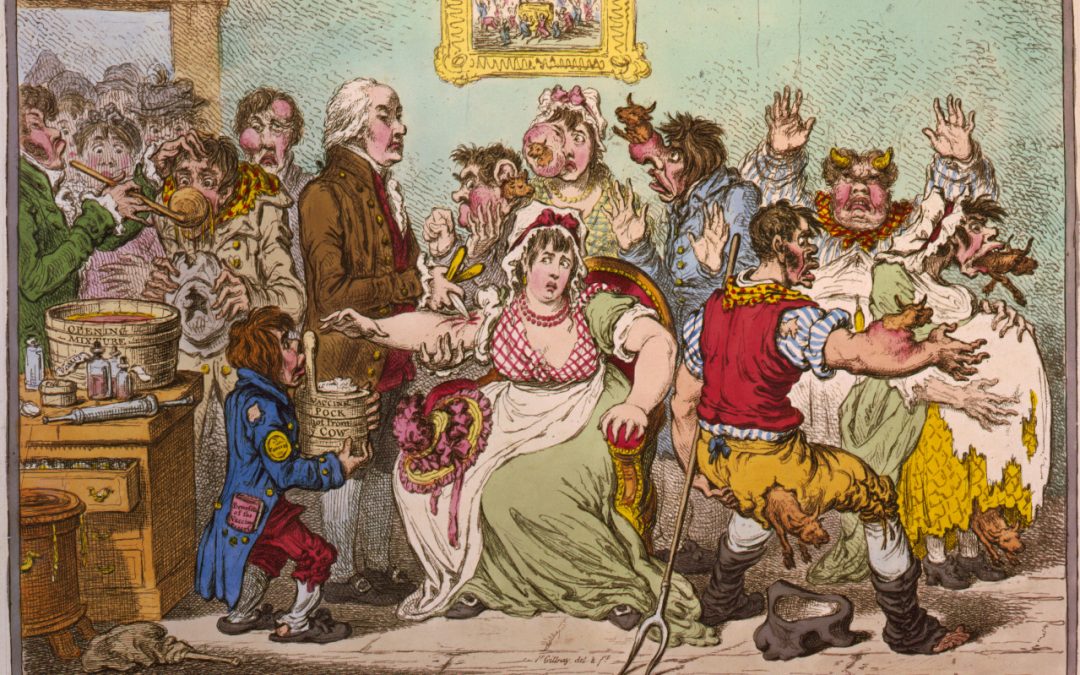
by radiocafe | Apr 17, 2020 | Arts & films, ASU, Books, Science & health
In 18th-century England, viruses and bacteria were not understood — but the idea of contagion was part of the social fabric. We talk to Annika Mann, an ASU scholar of 18th-century and Romantic-era British literature and culture.
Learn more & listen …

by radiocafe | Apr 10, 2020 | ASU, Science & health
In this time of coronavirus crisis, how do we best care for others and ourselves? And how do nurses in particular manage amid this pandemic?
Learn more …
Listen to “Time for Caring: At Home—and On The Frontlines” on Spreaker.
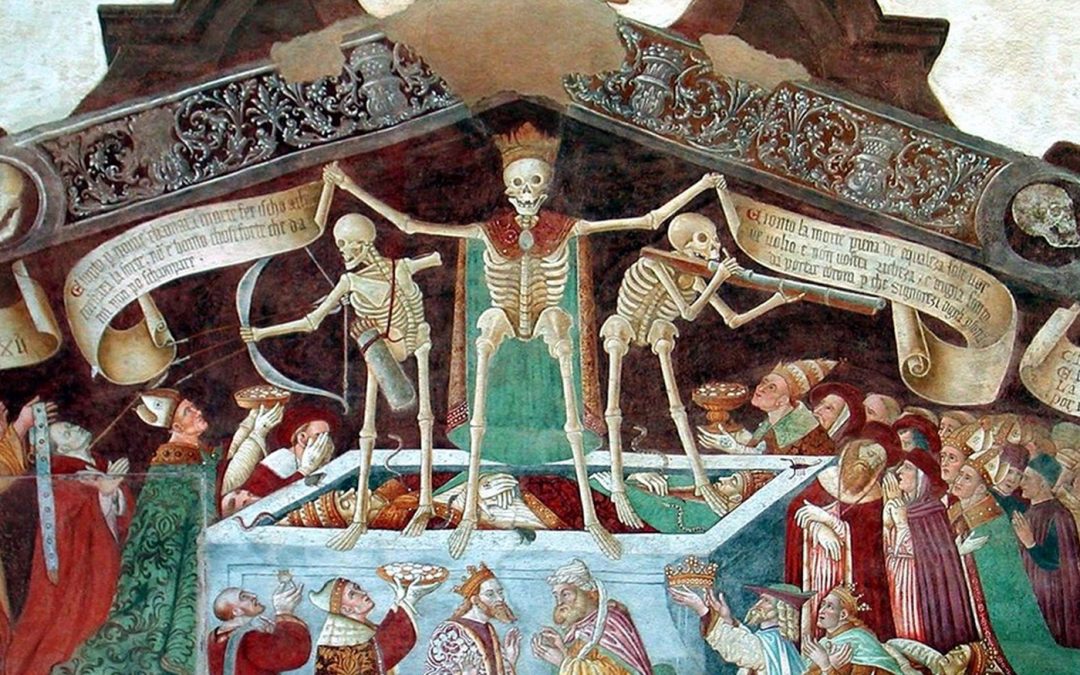
by radiocafe | Apr 3, 2020 | ASU, Science & health
In the 14th century, a virulent plague killed nearly half of Europe’s population. What can we learn from that time as we navigate COVID-19?
Learn more …
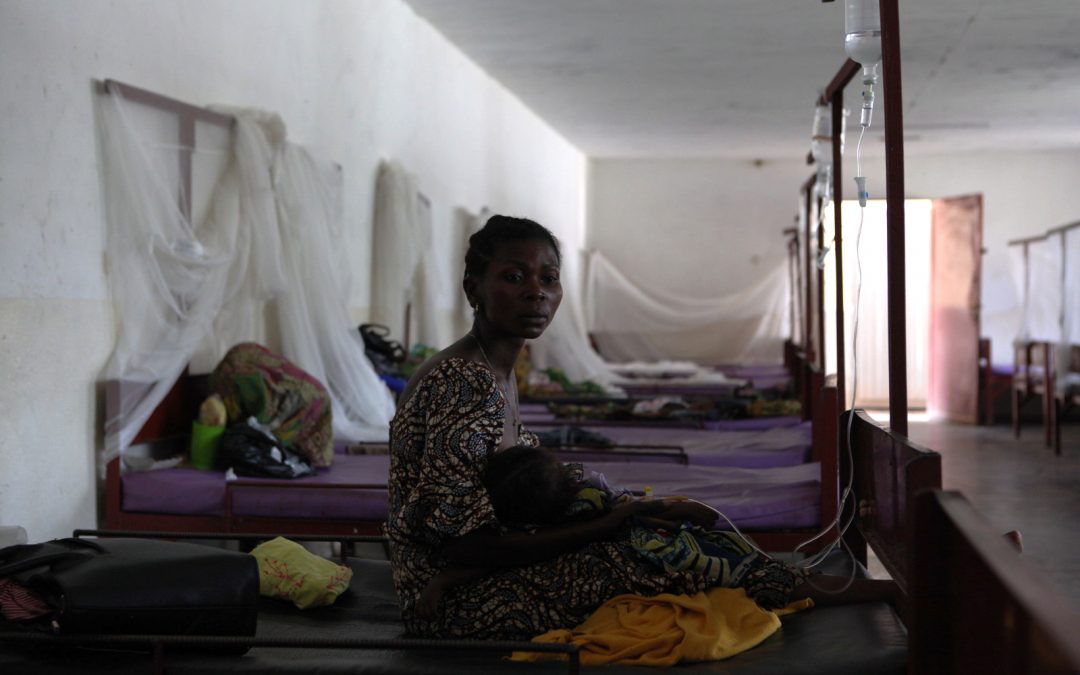
by radiocafe | Dec 23, 2019 | Santa Fe New Mexican, Science & health
Andrew Lustig, founder and president of Global Outreach Doctors, talks about sending physicians and integrative medicine practitioners to the Democratic Republic of Congo, where gender violence and rape are pervasive.
Learn More & listen …
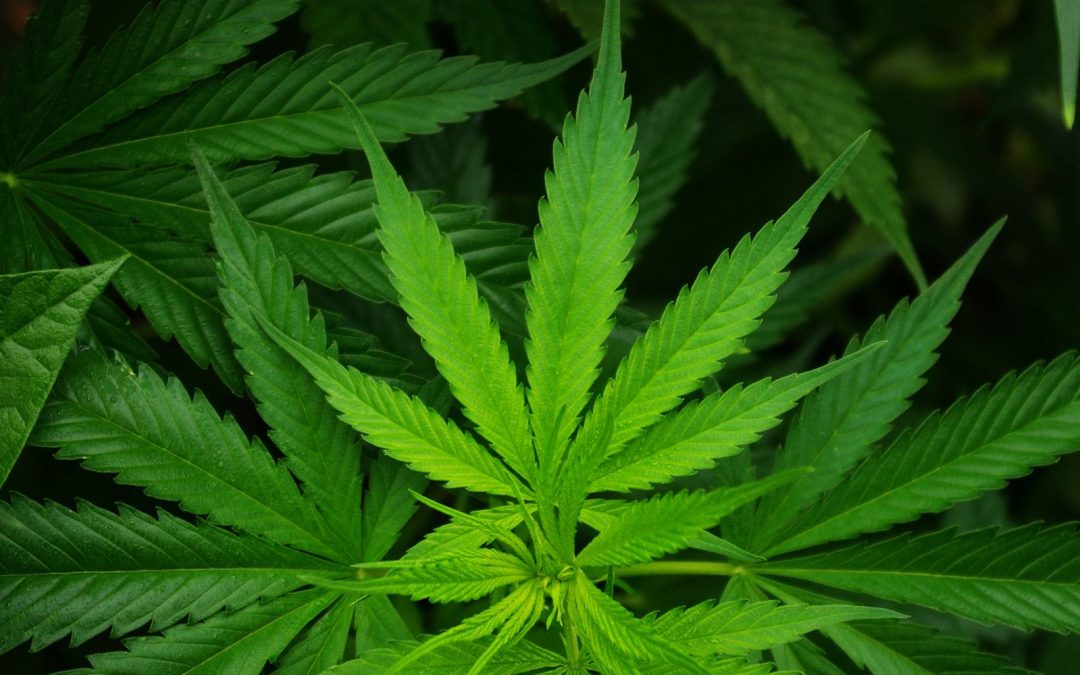
by radiocafe | Dec 10, 2019 | Down to Earth, Food & agriculture, Science & health
The hemp plant is amazingly versatile and resilient, and it can be used to produce innumerable healthy products and services. So why was it made illegal, and what does the future hold? We talk to hemp farmers Ed Berg and Scott Perez.
Learn more …

by radiocafe | Dec 3, 2019 | ASU, Science & health, Spirituality & religion
The notion of aliens from other planets often conjures images of flying saucers and little green men. But could they really exist?
Learn more …
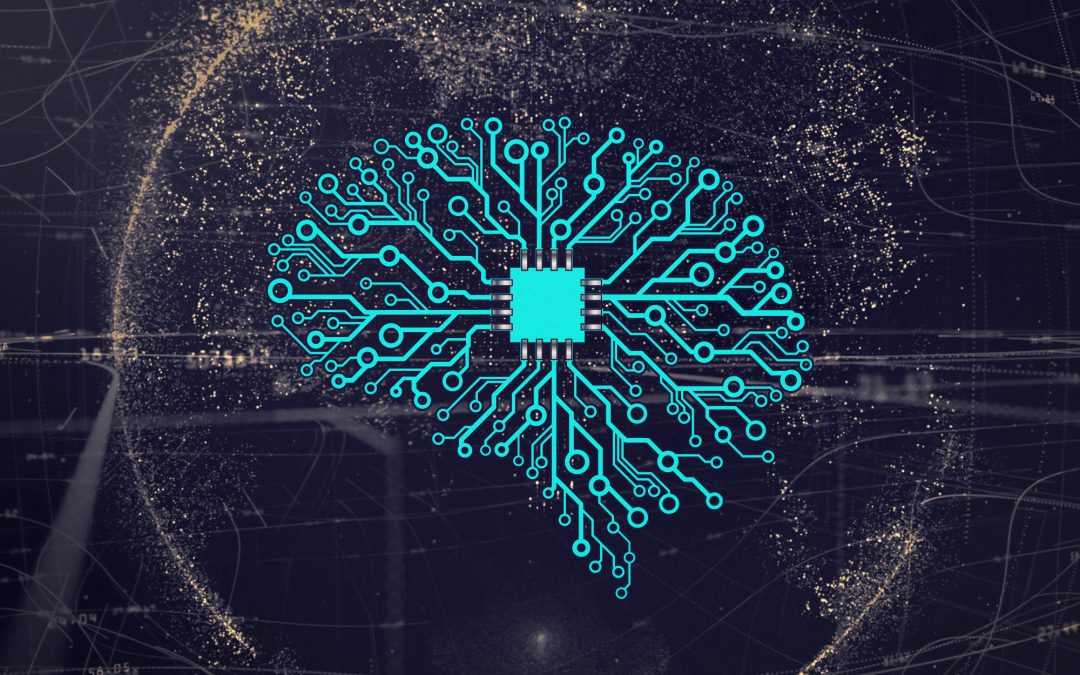
by radiocafe | Nov 11, 2019 | Books, New Mexico, Santa Fe New Mexican, Science & health
Are we rapidly approaching the day when artificial intelligence will be smarter than the people who invented it? What are the benefits of AI, and what are the dangers? We talk to computer scientist Melanie Mitchell about her new book.
Learn more and listen …
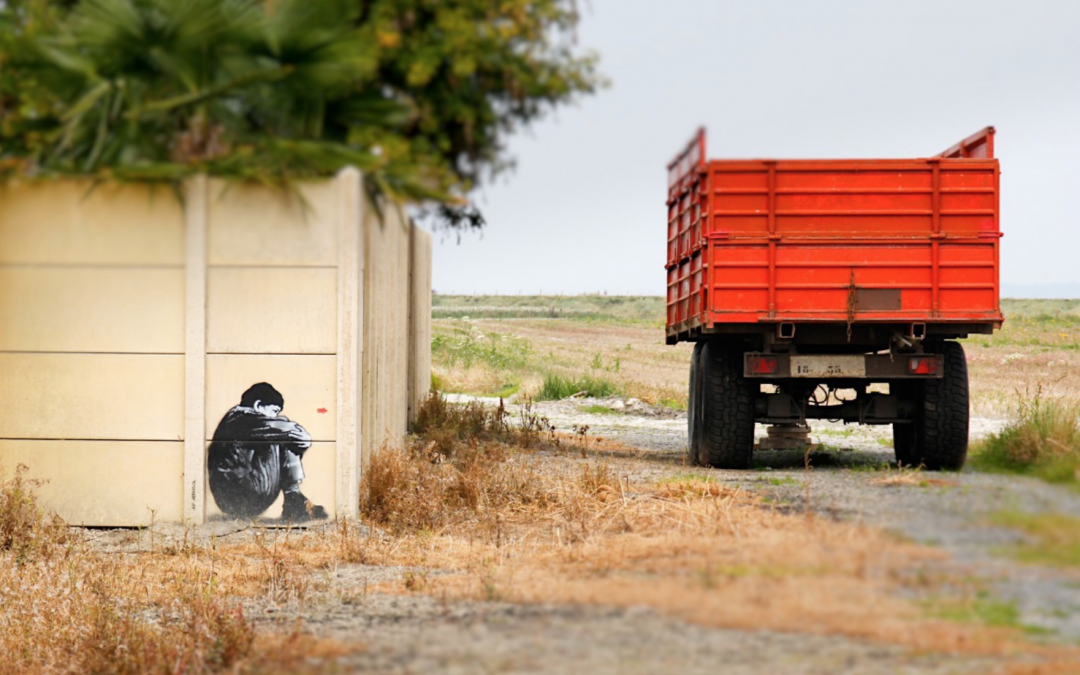
by radiocafe | Oct 29, 2019 | Down to Earth, Food & agriculture, Science & health
Dr. Robert Fetsch has for decades been helping farmers and ranchers deal with disabilities — from injuries brought on by hard work, to mental health problems like anxiety, depression, and anger.
Learn more …
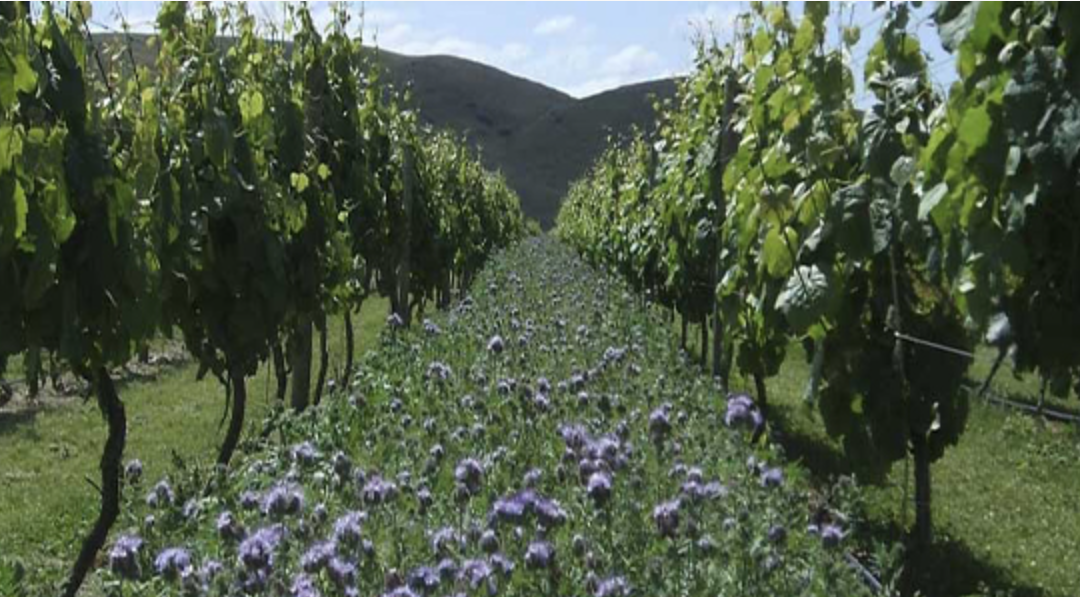
by radiocafe | Oct 15, 2019 | Books, Down to Earth, Food & agriculture, Science & health
A conversation with agro-ecologist, educator, and author Nicole Masters, on how to apply regenerative agriculture practices for health and profit–and how these can have a transformative effect on both our well being as growers, eaters, and members of the planetary ecosystem.
Learn more …
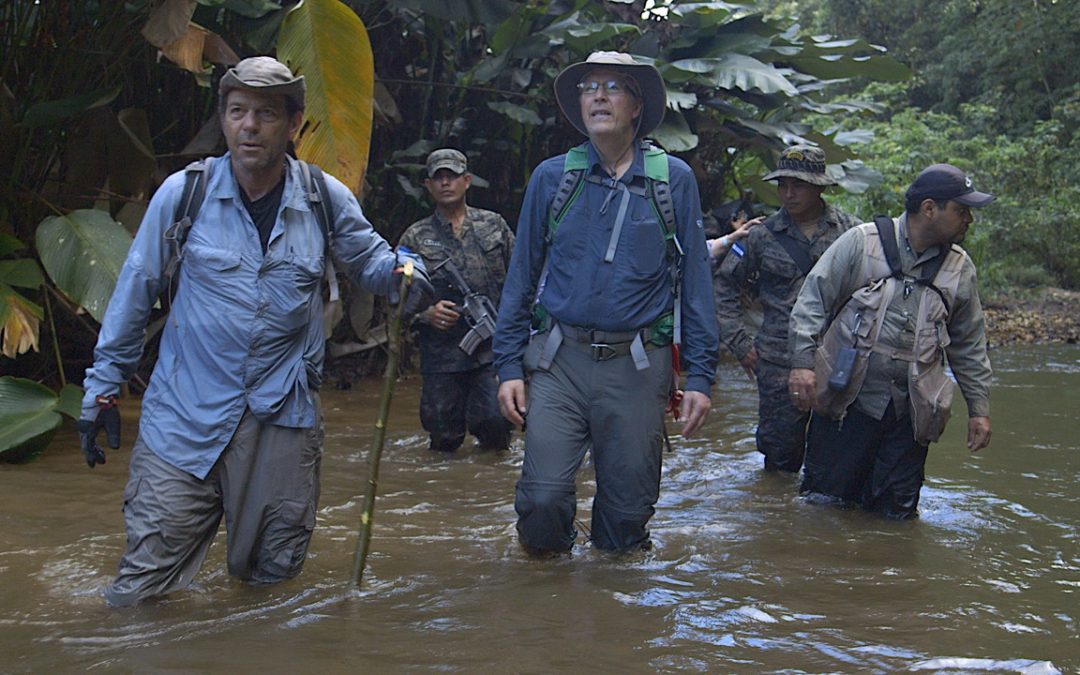
by radiocafe | Oct 14, 2019 | Native & indigenous, Santa Fe New Mexican, Science & health
How do you find an ancient Mesoamerican city under a dense and dangerous rainforest? Steve Elkins figured it out, and Doug Preston wrote a book about it…and now it’s the cutting edge of archaeology.
Learn more and listen …










